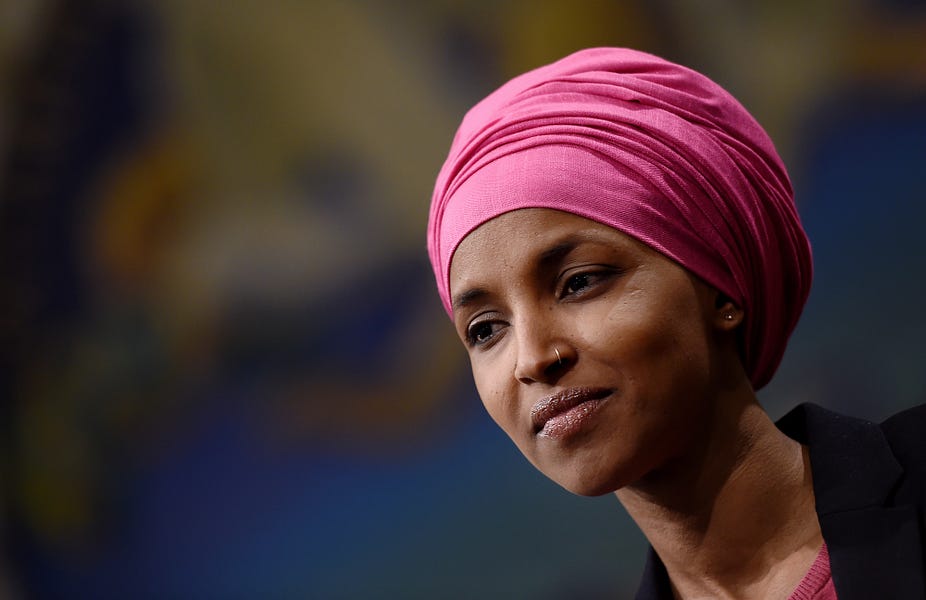Minnesota Democratic Rep. Ilhan Omar claimed on Twitter Sunday that 40 percent of people in the United States have less than $400 in their bank accounts.
The claim also made recent appearances in comments by Sen. Bernie Sanders, an article published by Salon, and a National Interest article, among other media exploring the economic impact of coronavirus.
The 40 percent number seems to be pulled from the Federal Reserve’s Report on the Economic Well-Being of U.S. Households in 2018, which found that 61 percent of Americans said they would be able to cover a hypothetical expense of $400 using cash they had on hand, savings, or a credit card which would then be paid off on their next statement. In that same report, 27 percent of respondents said they would cover the expense some other way, such as carrying a balance on their credit card or borrowing from friends and family, and 12 percent said they would be unable to cover the expense at all.
The report notes, however, that “[a]lthough so many incurring additional costs for a modest expense is disconcerting, it is possible that some would choose to borrow even if they had $400 available, preserving their cash as a buffer for other expenses.” In other words, the study was a self-reported record of how people would respond to an unforeseen additional $400 expense. It did not directly address whether respondents had $400 in their bank account.
In fact, the report cites a study based on the 2016 Survey of Consumer Finances by Neil Bhutta and Lisa Dettling, which found that even with monthly expenses included, “76 percent of families have at least $400 in liquid savings.” This directly contradicts Omar’s claim.
Even if this statistic were true, however, it still wouldn’t serve as a good indicator of how well most Americans will be able to withstand the economic distress brought on by the current reality. The study that Omar cited used $400 to represent “small, unexpected expenses” individuals might face, but that number is likely far lower than the financial shortfall faced by many Americans during a prolonged economic shutdown without a clear end date.
To address this question, the Bhutta and Dettling study offered a far better—and more dire—indicator, noting that “only about 40 percent of families have liquid savings equivalent to at least three months of expenses, and less than 30 percent have liquid savings equivalent to at least six months of expenses.”
There is no evidence to support Rep. Omar’s claim that 40 percent of Americans don’t have $400 in their bank accounts, but her general assumption that most American families do not have the funds to subsist for an extended period of time during an emergency is almost certainly correct.
If you have a claim you would like to see us fact check, please send us an email at factcheck@thedispatch.com. If you would like to suggest a correction to this piece or any other Dispatch article, please email corrections@thedispatch.com.
Photograph of Ilhan Omar by Olivier Douliery/AFP/Getty Images.







Please note that we at The Dispatch hold ourselves, our work, and our commenters to a higher standard than other places on the internet. We welcome comments that foster genuine debate or discussion—including comments critical of us or our work—but responses that include ad hominem attacks on fellow Dispatch members or are intended to stoke fear and anger may be moderated.
With your membership, you only have the ability to comment on The Morning Dispatch articles. Consider upgrading to join the conversation everywhere.